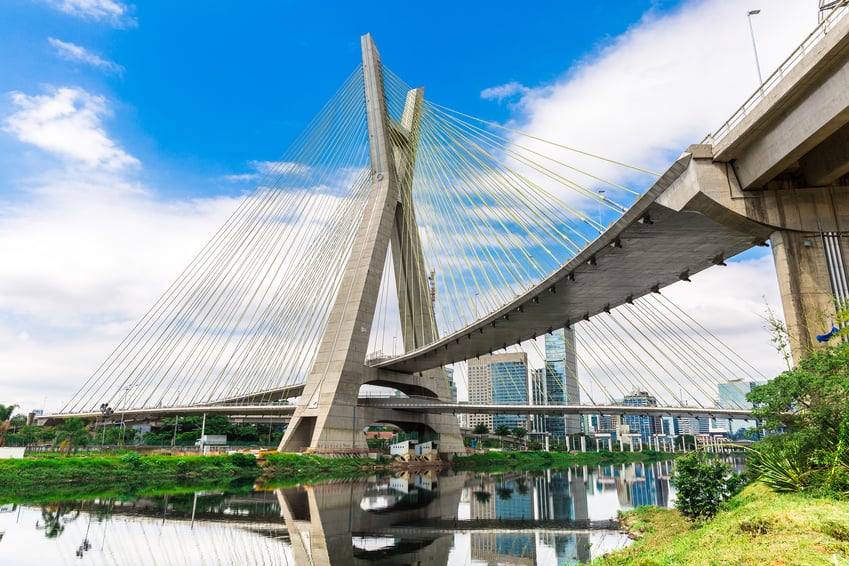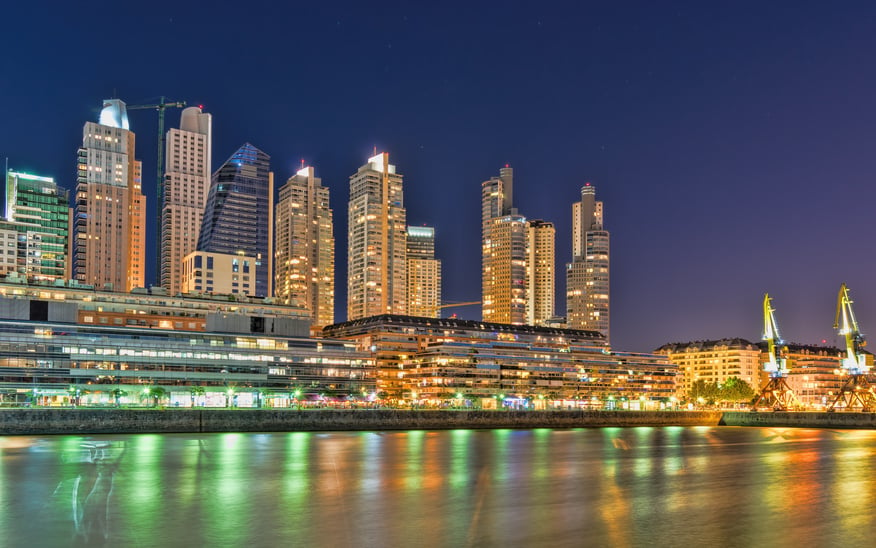After two decades of negotiations and debates, the European Union (EU) and Mercosur (Brazil, Argentina, Paraguay and Uruguay) finally signed a new and ambitious draft Free Trade Agreement on 28 June 2019. Expectations of the political and economic ties between the two regions are high, as is the establishment of a new framework with significant opportunities for sustainable growth on both sides.
The president of the European Commission, Jean-Claude Juncker, stated this is the biggest Free Trade Agreement that the European countries have achieved so far; it will create a market that includes almost 800 million people and will benefit “companies, workers and the economy on both sides of the Atlantic, saving over EUR 4 billion worth of duties per year.”
Furthermore, the Agreement between Mercosur and the EU comprises 25% of the world GDP and represents a major step towards integration and trade liberalization. It is a “landmark” in global policymaking and a coup for EU and Mercosur exporting companies.
KEY FACTS: What the draft Agreement means for both sides
The Agreement establishes both tariff and non-tariff related benefits. For the EU, the draft Agreement aims to eliminate most of the custom duties (ca. 91%) on European exports to the Mercosur market progressively in the next 10 years. Mercosur countries will remove high duties on industrial products (automotive, textile and apparel industries) and will progressively eliminate duties on EU food and drink products. With exports to Mercosur at EUR 45 billion a year, the annual savings for European companies could reach nearly EUR 4 billion yearly.
Mercosur countries, on the other hand, will benefit from reduced duties imposed on the importation of agricultural products into the EU, including poultry meat, beef, coffee, ethanol and sugar. It is a huge victory for the agribusiness sector. The draft Agreement also provides for facilitated measures for Mercosur countries concerning compliance with phytosanitary requirements when entering the EU market.
More than a Free Trade Agreement
The scope of the draft Agreement goes far beyond tariffs; it upholds the highest standards of food safety and consumer protection, as well as environmental rules. Further, the draft Agreement opens up business opportunities in Mercosur for EU companies while determining access to public procurement contracts and greater freedom to service providers, including the IT, telecommunication and transport sectors.
Various political-related discussions are also enhanced in the draft Agreement, such as migration, the digital economy, research and education, corporate and social responsibility and the fight against terrorism and money laundering.
Next steps
A legal revision of the agreed draft text has to be conducted by both sides to come up with the final version of the Free Trade Agreement. On the EU side, the Commission will translate the text it into all official EU languages and submit the Agreement to EU Member States for approval. The Agreement must then be endorsed by all the EU Member States, which, as has been demonstrated on previous occasions, is not an easy task.
Approval at Mercosur level undergoes a similar process, starting with the translation to country-specific languages, followed by the legislative approval of each Mercosur Member State before finally being ratified by the President of each country. Particularly, compared to the EU, the Agreement does not necessarily have to be ratified by all the countries to become effective in one of the Member States: for example, it could well be the case that Brazilian importers and exporters start benefiting from the Agreement before Argentineans once the approval process is concluded in Brazil.



